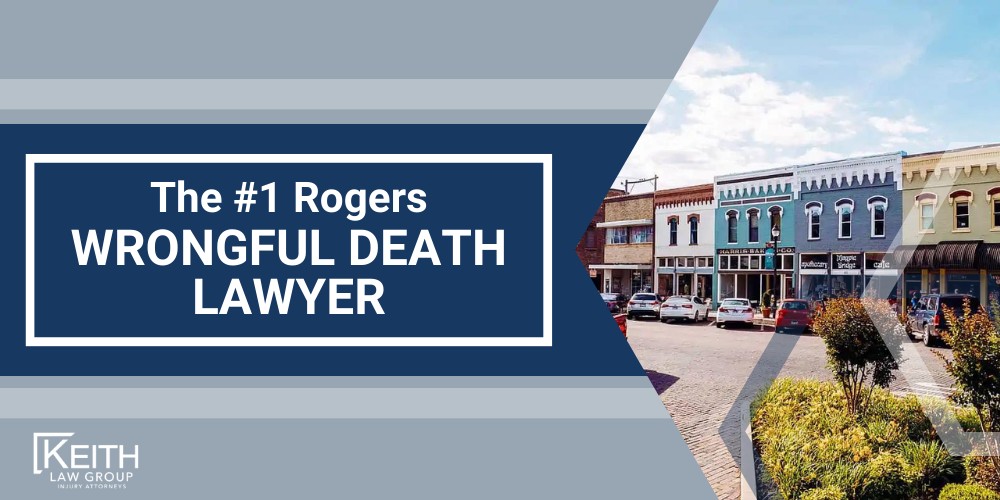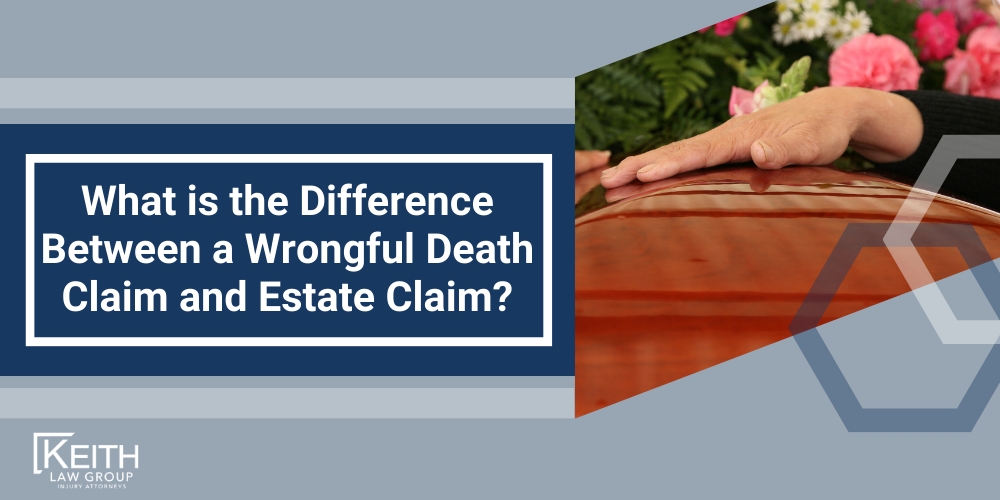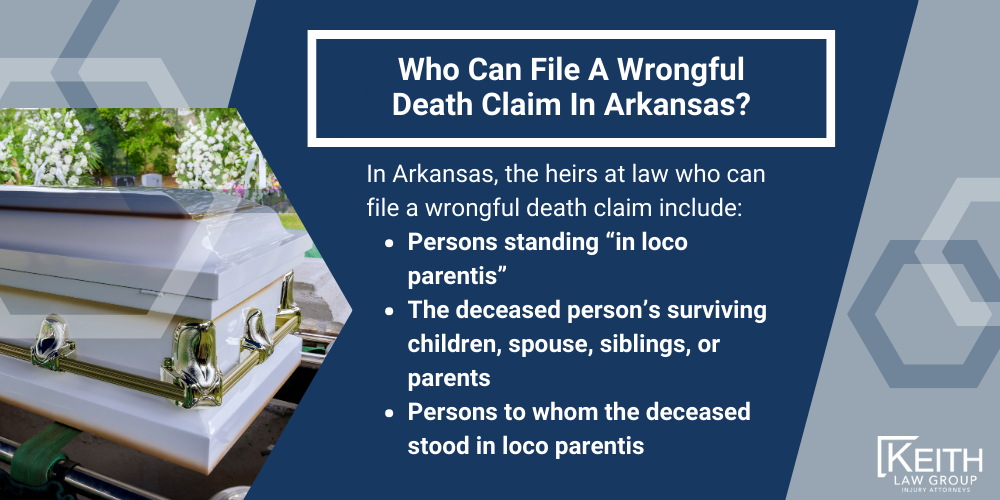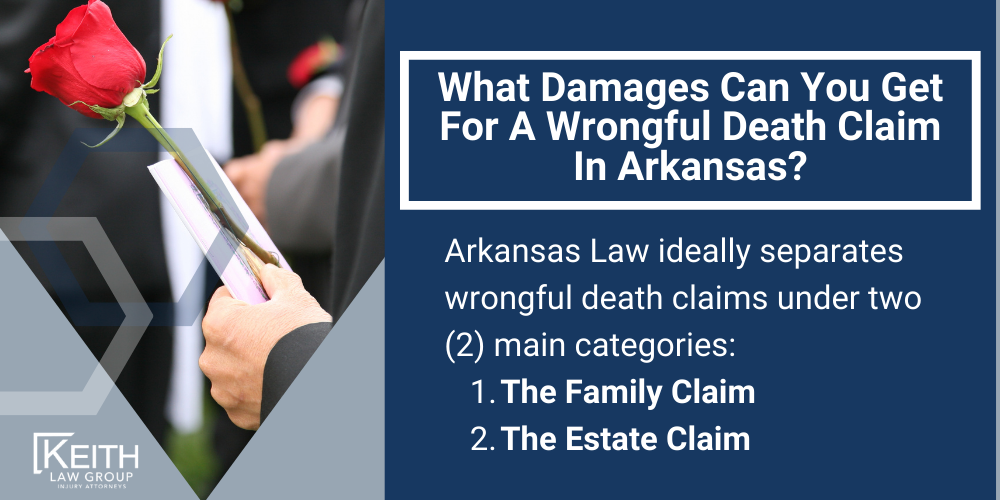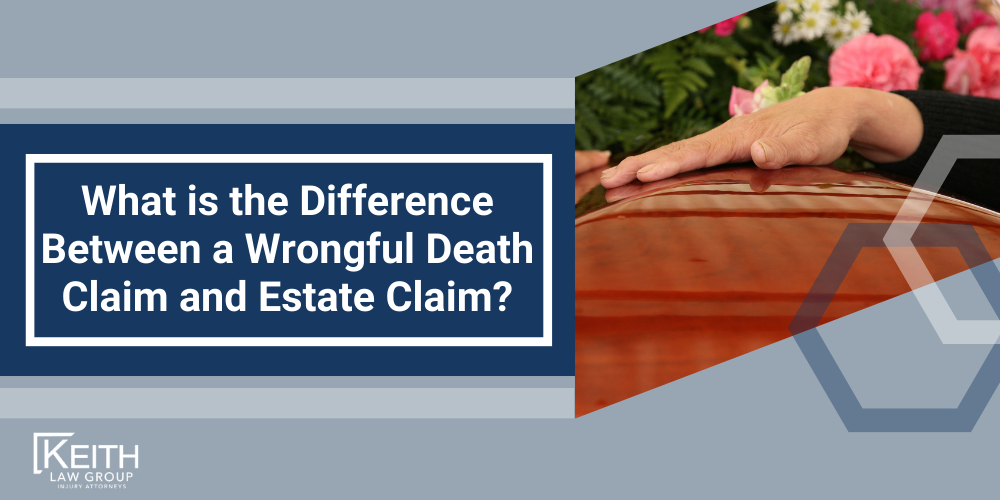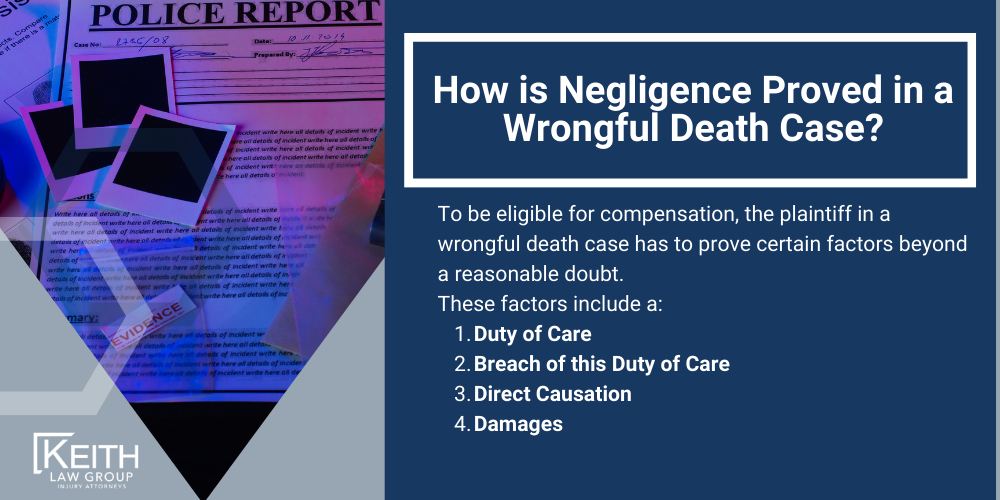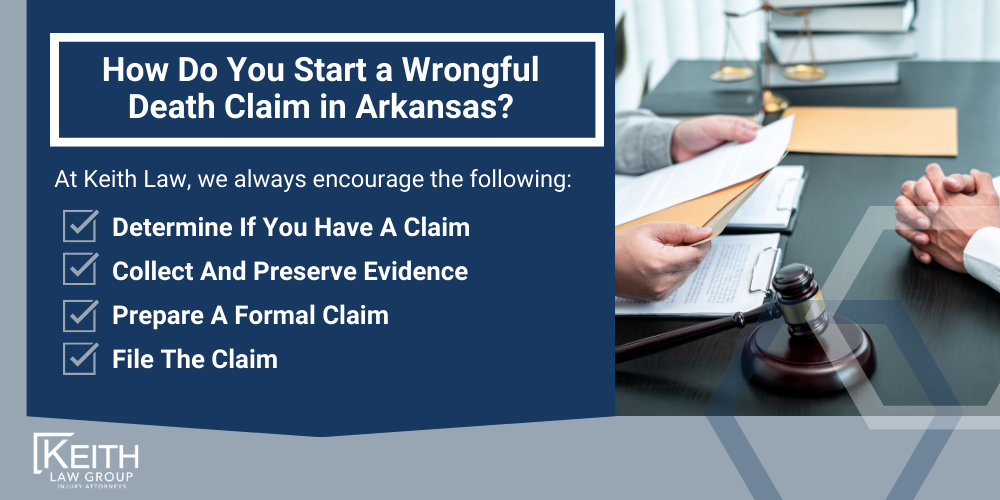In Arkansas, “wrongful death” is defined as the death of a person that results from any conduct, act, transaction, occurrence, or circumstance in which if death did not ensue, the person would have been entitled to recover damages.
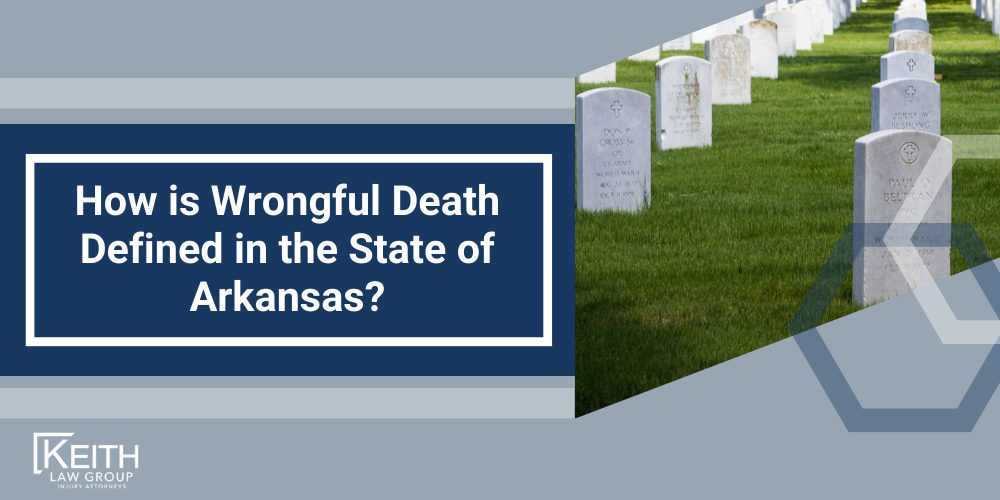
Wrongful death claims typically arise when a person loses their life because of a negligent act (or even intentional acts) of another person or entity. These negligent actions may be easy to identify in some cases, such as with medical malpractice or auto accidents. But for other cases, the link is much harder to identify and will require extensive research, such as defective products.
A good way to think about wrongful death claims is as a special form of a personal injury claim. The main difference is that for most personal injury claims, the injured victim typically brings their own case to court, while for wrongful death cases, the deceased is obviously unable to bring any kind of legal action. Instead, it is the deceased person’s heirs or the representative of the deceased person’s estate that brings the case to court.
In Rogers, Arkansas, it’s possible to file a wrongful death claim even if there’s currently an underway criminal case connected to the same events. Since a wrongful death claim is a civil case, where the estate brings the case directly on its own behalf, the fault is only expressed in terms of compensation through a damages award. This is unlike a criminal case where the guilty is penalized by prison or jail time, probation, and other ways.
